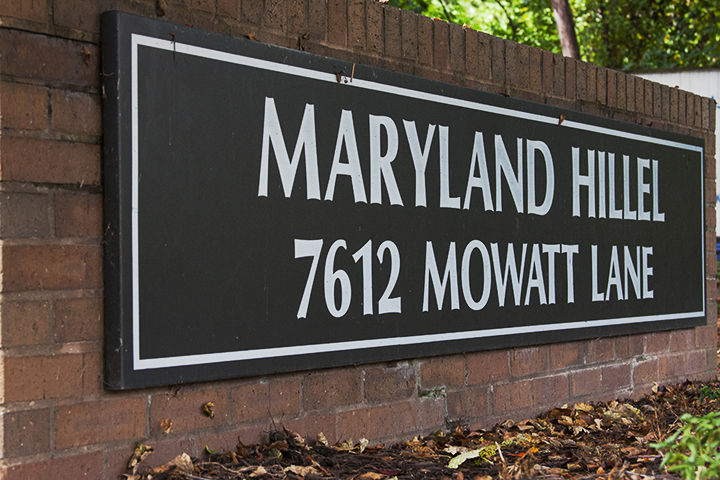Views expressed in opinion columns are the author’s own.
Sunday marks the beginning of Rosh Hashanah, the start of the Jewish New Year. It’s one of the holiest days in my religion, yet I’m conflicted about how to celebrate it: Do I attend services with my family on Sunday and Monday, or skip services and go to class instead? With either choice, I’m forced to choose between my academics and my religion.
My predicament isn’t unique. The over 5,000 students (that’s more than 16 percent of the entire undergraduate population) who could be observing the upcoming Jewish holidays will be able to receive an excused absence for any missed work. Yet, despite excused absences, students will still need to rearrange their already-packed schedules to complete makeup work that never should have been assigned on a religious holiday in the first place.
There’s a simple solution: Add major religious holidays to the official university calendar. Adding these dates would have two main potential benefits: It would provide professors with the foresight to avoid scheduling exams or projects on certain dates, and it would ease unnecessary worries for students observing a religious holiday by eliminating the scramble to make up missed work.
For students to receive an excused religious absence this semester, they had to notify their professors by Sept. 9, the end of the schedule adjustment period. Regardless of whether students tell their professors about their absences and get excused, they could still miss an important project, assignment or exam. The issue isn’t the absence, but the scheduling. To be a truly inclusive school, this university needs to account for all major religious holidays in those plans.
While some professors may be aware of certain religious holidays, there’s a good chance that others are not. There are no religious observances noted on the Office of Faculty Affairs’ calendar for “useful” dates during the semester, which is provided as a resource for faculty to use in planning their syllabi.
Obviously, the clash between academic responsibilities and religious obligations go beyond just one religion. The addition of major religious holidays — Rosh Hashanah and Yom Kippur for Jews, Eid al-Fitr for Muslims, Ash Wednesday for Catholics, Vaisakhi for Sikhs — to the calendar would likely decrease the stress and anxiety for students of any religions.
Because this university is a public institution, the appearance of favoring or accommodating one religion over another might be a reason for the lack of religious holidays on the calendar at all.
But including crucial religious dates would help followers of any faith simply by giving professors the information they need to assist students practicing their faith. Other public universities such as the University of California, Berkley and the University of Michigan have calendars detailing major religious holidays and their dates. Even the University of Maryland, Baltimore has a religious holiday calendar.
If professors aren’t aware of religious holidays, they can’t plan for them. That means more students out of class, more makeup work and more difficult scheduling for both students and professors. Adding important religious holidays to the calendar means these days would be on professors’ radars when it comes to scheduling exams and assignments — and complicated scheduling could be avoided on both ends.
Students should never be forced to choose between practicing their faith or a problem set. And with the addition of major religious holidays to the school calendar, they wouldn’t have to.
Maya Rosenberg is a sophomore journalism and public policy major. She can be reached at maya.b.rosenberg@gmail.com.



